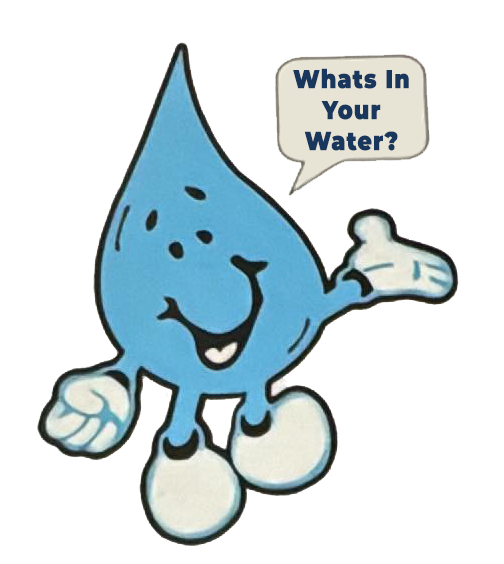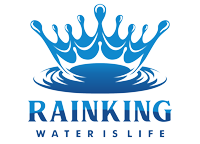Soft Water and Plants: Is softened water good for your garden? When it comes to maintaining a beautiful and thriving garden, there are many factors to consider – from providing adequate sunlight and soil nutrients to managing pests and weeds. But have you ever wondered about the impact of water quality on your plants’ health and growth? Specifically, what does soft water mean for your garden? Water is crucial for plant survival, as it provides hydration, delivers essential nutrients, and supports photosynthesis. However, not all water is created equal. Depending on where you live, your water supply may be either hard or soft. While hard water contains minerals like calcium and magnesium, soft water has undergone a process to remove these minerals, resulting in lower mineral content. But does soft water hold any benefits or potential drawbacks for your garden? Before we dive into the fascinating relationship between soft water and plants, let’s first understand what soft water actually is. Soft water is typically achieved through a process called water softening, which involves the removal of excess minerals, such as calcium and magnesium ions, through ion exchange. This process helps reduce the buildup of limescale and soap scum in our pipes and appliances, making it easier to clean and promoting a longer lifespan for our household items. However, the impact of soft water on plants is a completely different story. Contrary to what you might expect, watering your garden with softened water may not always be the best choice for optimal plant health. Soft water lacks the beneficial minerals found in hard water, which can have important implications for your plants’ overall well-being. As we explore the relationship between soft water and gardens further, we will delve into the potential advantages and disadvantages of using softened water for plant irrigation. So, if you want to discover whether soft water is truly a garden’s delight or if there are hidden pitfalls to be aware of, keep reading to uncover the fascinating truth about soft water and plants.
The Importance of Water Quality for Gardens
Water is an essential element for the health and growth of plants. It provides hydration, transports nutrients, and supports various biological processes, including photosynthesis. Therefore, the quality of water used in gardens plays a crucial role in the overall well-being of plants.
When it comes to water quality, there are two main categories: hard water and soft water. Hard water contains high levels of minerals like calcium and magnesium, while soft water has undergone a process to remove these minerals. Both types have their own advantages and disadvantages when it comes to gardening.
Understanding Soft Water and How It is Produced
Soft water is typically produced through a process called water softening. This process involves removing excess minerals from the water through ion exchange or other methods. The resulting soft water has a lower mineral content compared to hard water.
The purpose of softening water is primarily for household use. It helps prevent the buildup of limescale in pipes and appliances, making cleaning easier and prolonging the lifespan of household items. However, when it comes to using softened water in gardens, there are some considerations to keep in mind.
The Difference Between Hard Water and Soft Water
The main difference between hard water and soft water lies in their mineral content. Hard water contains higher levels of calcium and magnesium ions, which can have both positive and negative effects on plants.
On one hand, these minerals can provide additional nutrients to plants, contributing to their overall health and growth. Calcium plays a vital role in cell wall development, while magnesium is an essential component of chlorophyll – the pigment responsible for photosynthesis.
On the other hand, excessive amounts of calcium or magnesium can lead to issues such as nutrient imbalances or soil alkalinity. This can negatively affect plant growth and nutrient uptake, potentially causing deficiencies in other essential elements.
Advantages of Soft Water for Household Use
While soft water may have potential drawbacks for plants, it offers several advantages for household use. The removal of minerals through water softening helps prevent the buildup of limescale in pipes and appliances.
By using soft water, you can extend the lifespan of your plumbing system and household appliances, such as washing machines and dishwashers. Additionally, soft water improves the effectiveness of soaps and detergents, leading to better cleaning results.
The Potential Benefits of Soft Water for Plants
Despite the lack of minerals in soft water, there are some potential benefits when it comes to using it for plant irrigation. Soft water has a lower pH compared to hard water, which can be advantageous for certain plants that prefer acidic soil conditions.
In areas with naturally alkaline soil, soft water can help balance the pH levels over time. This allows plants that thrive in slightly acidic environments to grow more effectively. However, it’s important to note that not all plants require or benefit from acidic soil conditions.
The Potential Drawbacks of Soft Water for Plants
While there may be some advantages to using softened water in gardens, there are also potential drawbacks that need to be considered. As mentioned earlier, soft water lacks essential minerals like calcium and magnesium that are beneficial for plant growth.
If your garden solely relies on softened water for irrigation without any additional supplementation or amendments, your plants may eventually experience nutrient deficiencies. This can lead to stunted growth, yellowing leaves, and overall poor health.
How Soft Water Can Impact Soil Health
In addition to affecting plant health directly, soft water can also have an impact on soil health. Over time, the continuous use of soft water without mineral supplementation can alter the soil’s nutrient composition and pH levels.
Soil that lacks essential minerals may become depleted and less fertile, making it more challenging for plants to thrive. Additionally, the shift in pH levels towards acidity can further affect the availability of certain nutrients, potentially limiting plant growth.
Tips for Using Softened Water in the Garden
If you choose to use softened water for your garden, there are several tips to keep in mind to minimize potential issues:
- Monitor your plants closely for any signs of nutrient deficiencies or pH imbalances.Consider supplementing with organic fertilizers or soil amendments to provide essential minerals.Test your soil regularly to ensure it remains within the optimal pH range for your plants.Rotate between using softened water and rainwater or tap water to provide a more balanced nutrient profile.
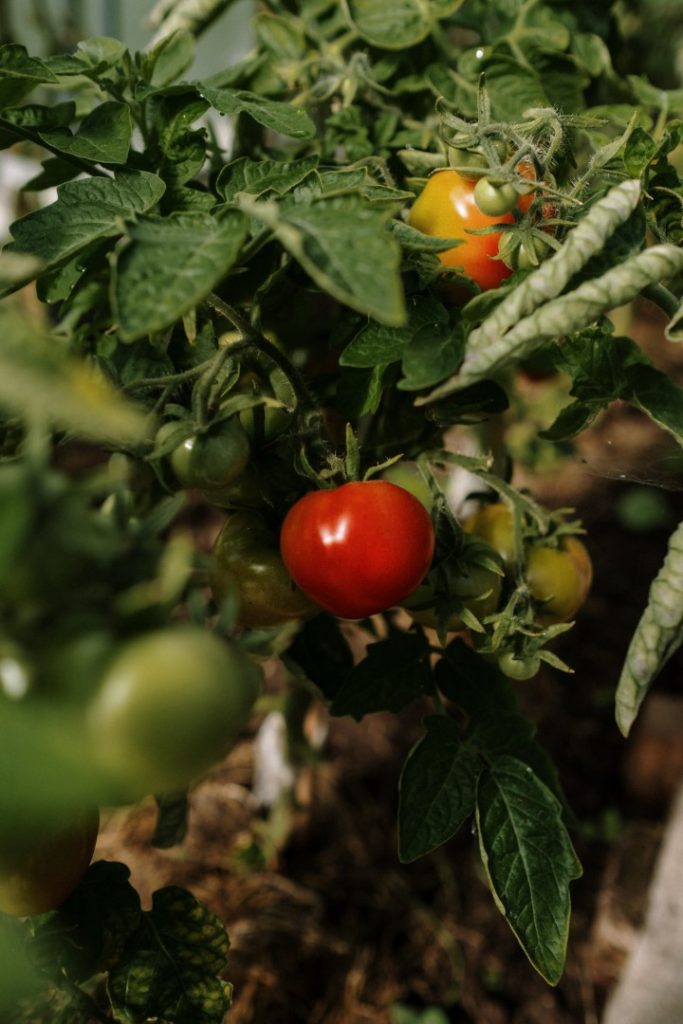
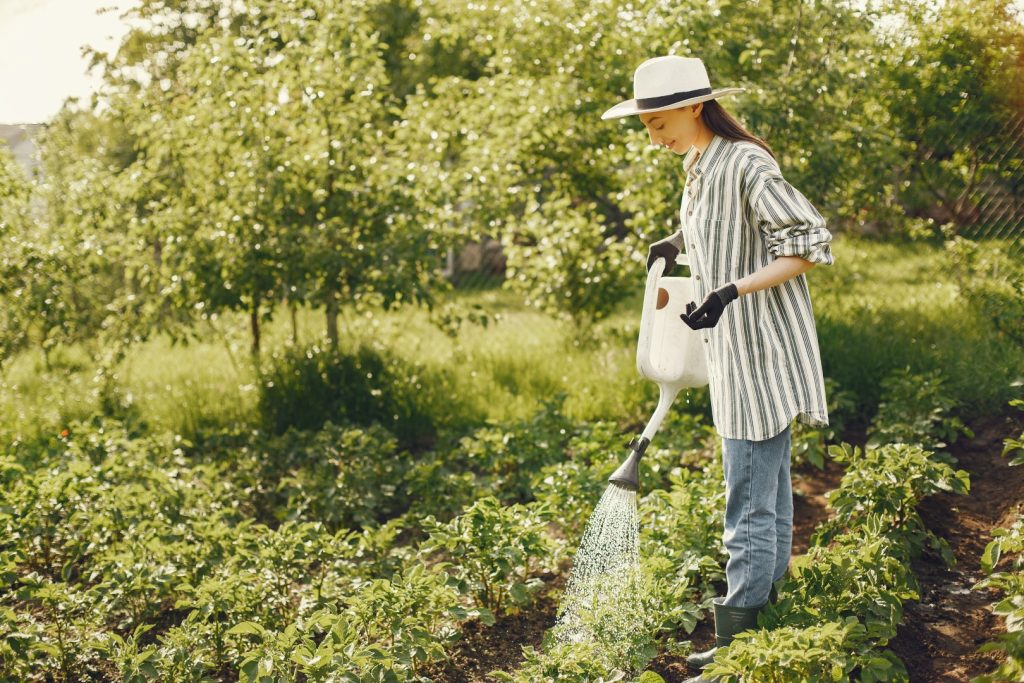
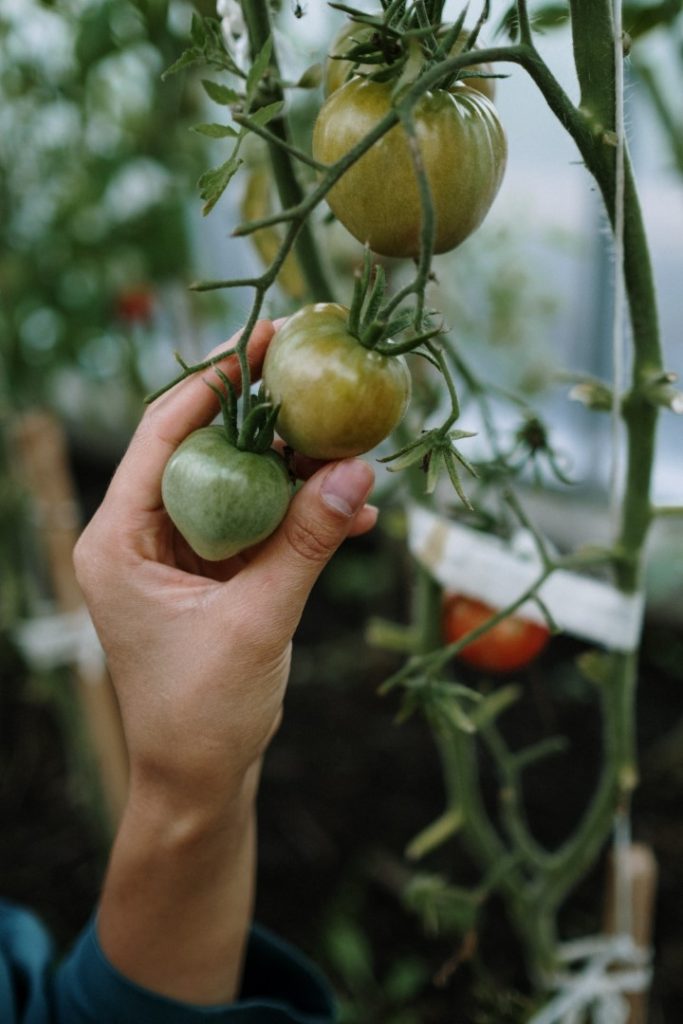
Alternatives to Using Soft Water for Plant Irrigation
If you’re concerned about the potential drawbacks of using softened water in your garden, there are alternative options available:
- Rainwater harvesting: Collect rainwater in barrels or tanks and use it for plant irrigation. Rainwater is naturally soft and free from chlorine or other chemicals found in tap water.
- Tap water: Depending on your location, tap water may be suitable for plant irrigation without causing significant issues. However, it’s important to be aware of its mineral content and adjust accordingly if necessary.
Conclusion: Is Soft Water a Garden’s Delight or a Potential Pitfall?
The relationship between soft water and plants is complex. While soft water may offer some benefits for certain plants and household use, it can also pose challenges when it comes to providing essential minerals for optimal plant growth.
Ultimately, the decision to use softened water in your garden depends on various factors, including the specific needs of your plants, soil conditions, and available alternatives. Monitoring your plants closely and making necessary adjustments will help ensure their health and vitality.
Remember, gardening is a continuous learning process, and finding the right balance between water quality and plant requirements is key to creating a thriving garden.

